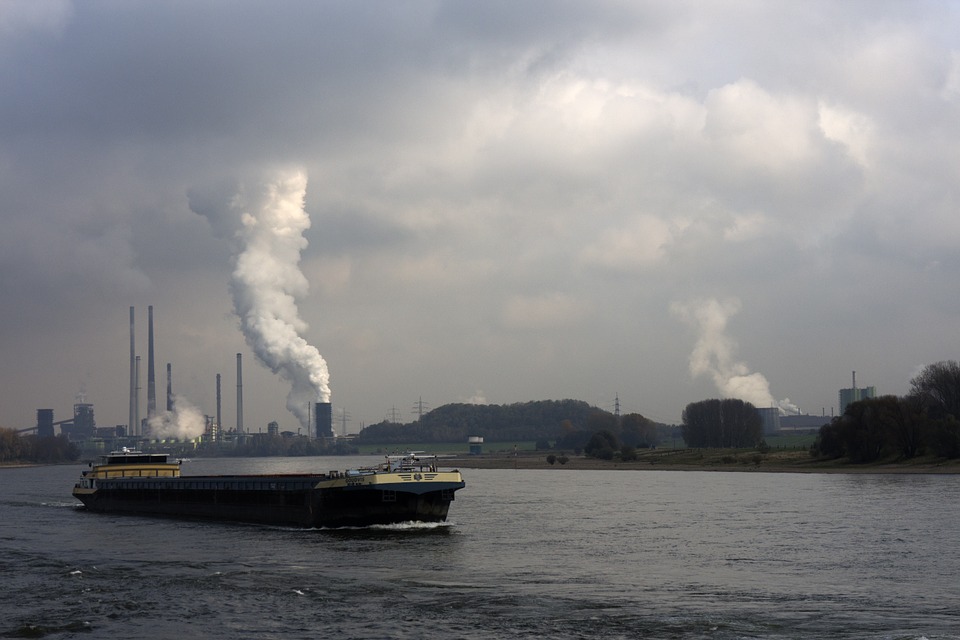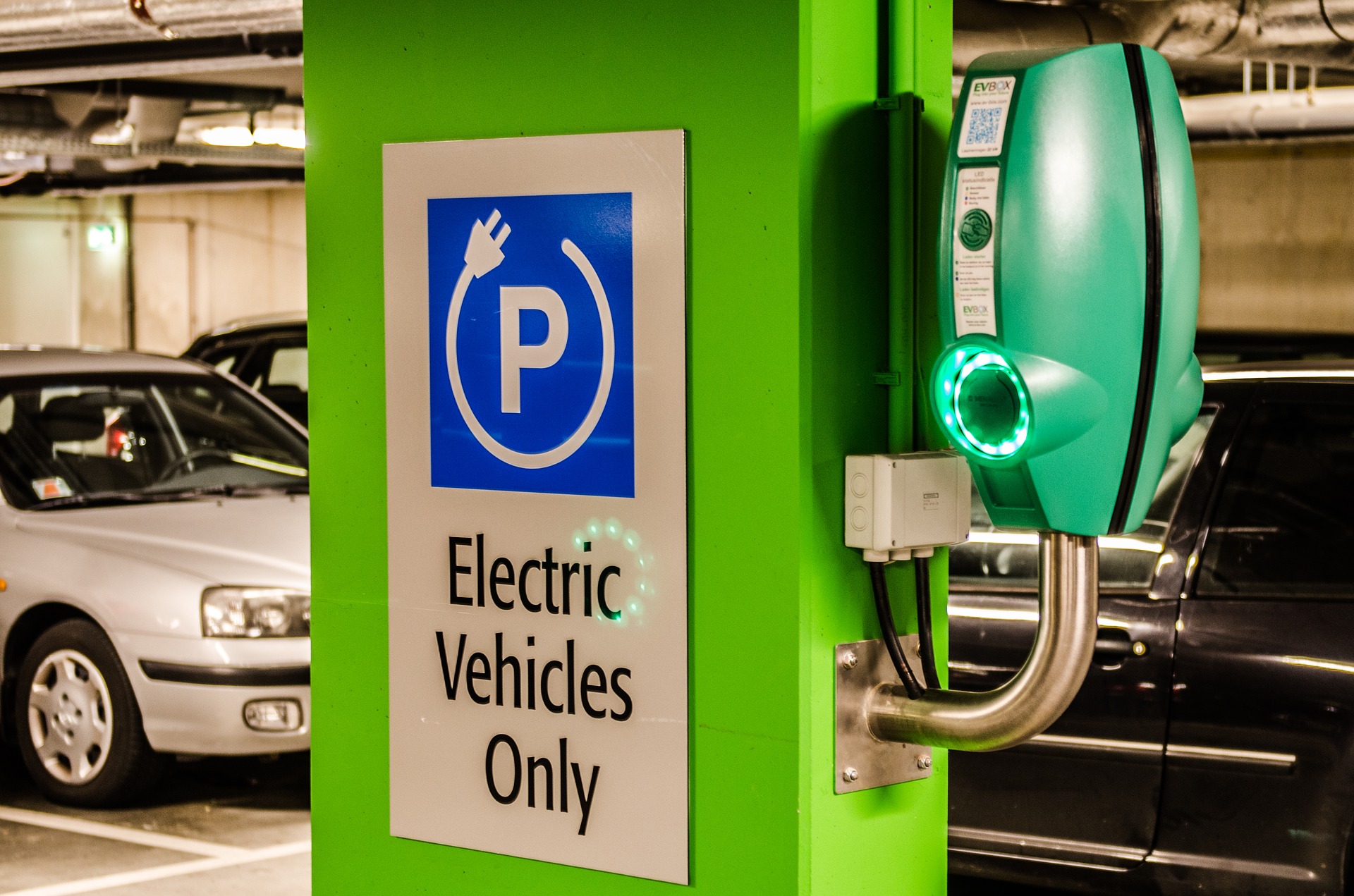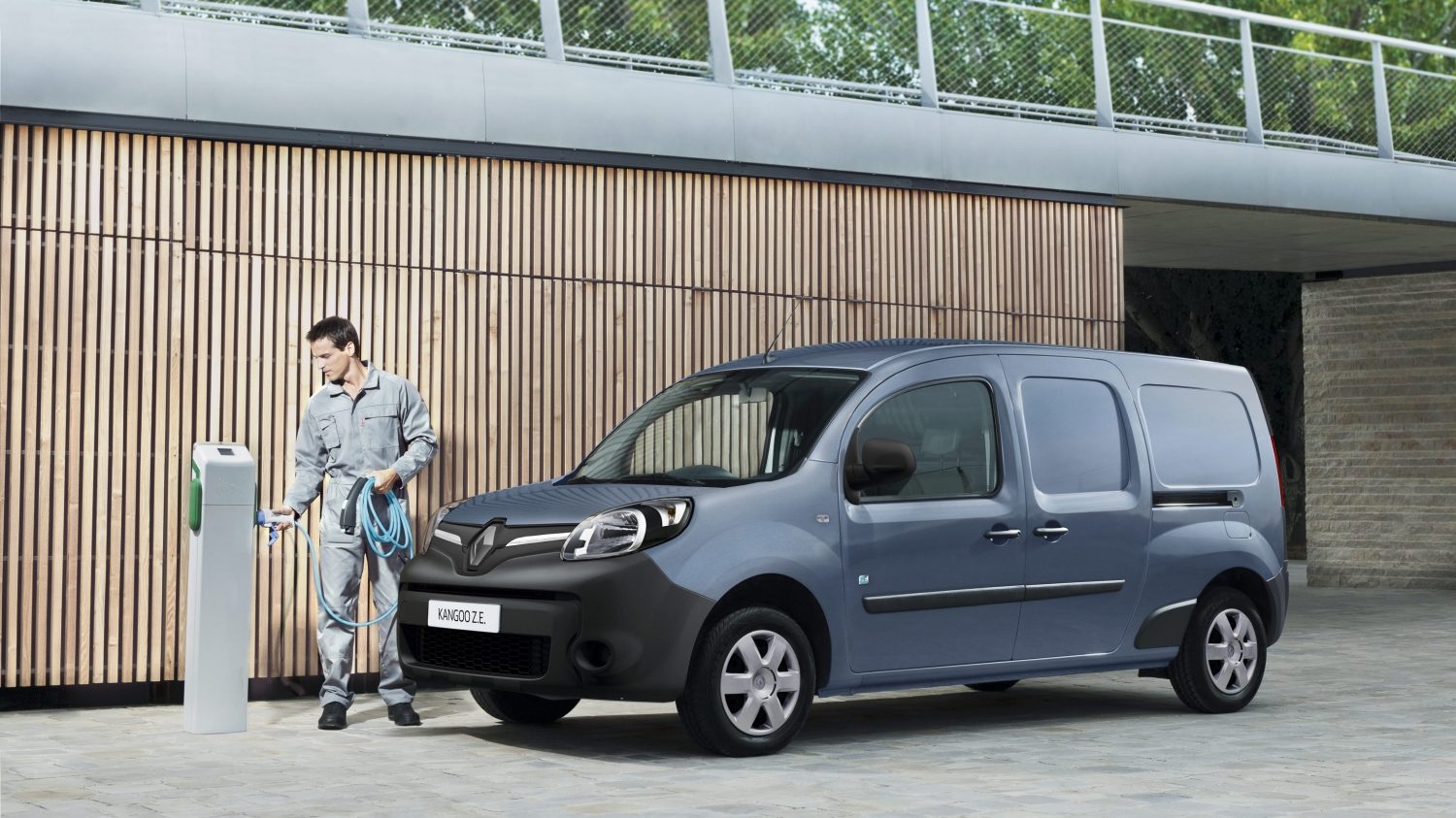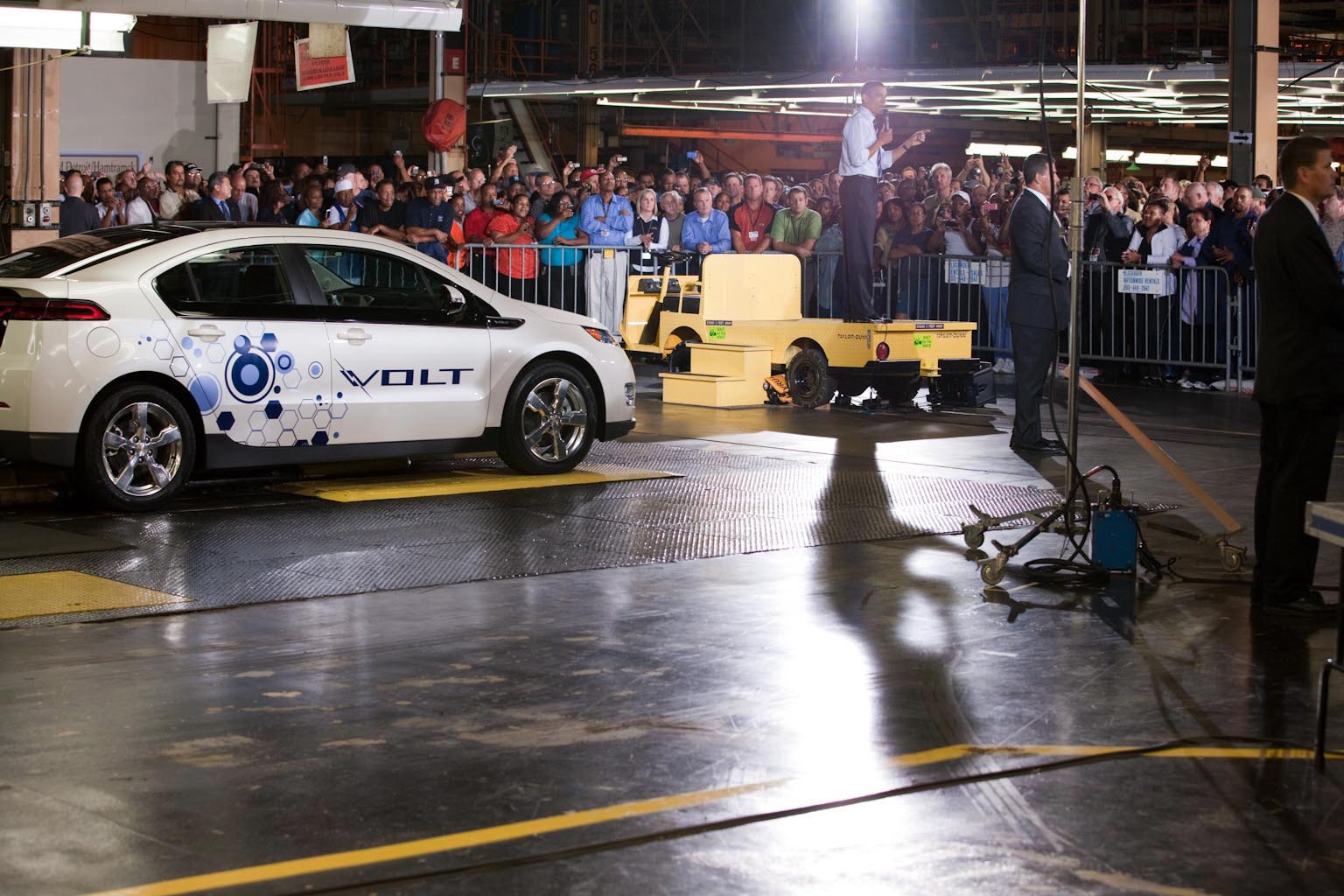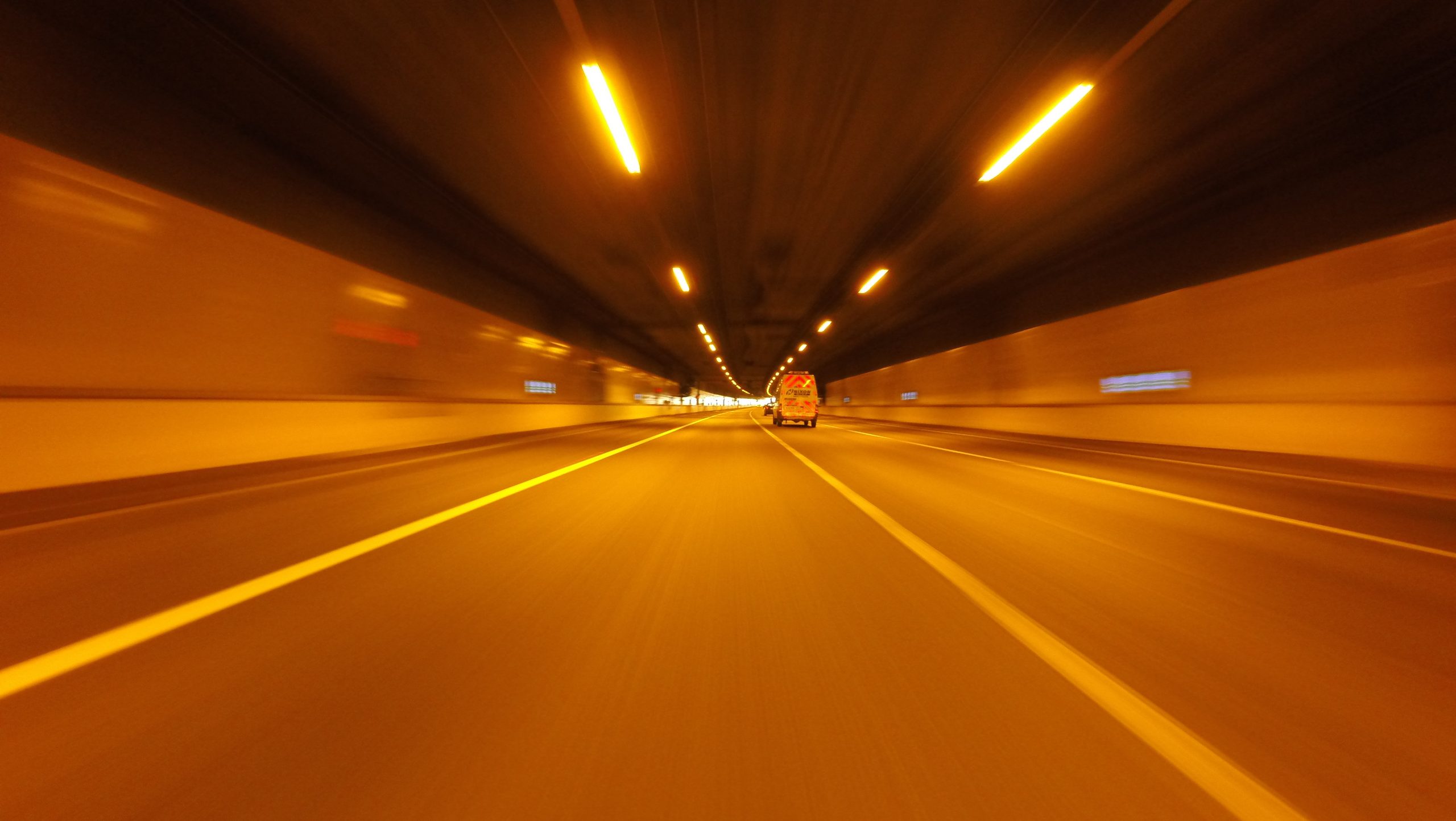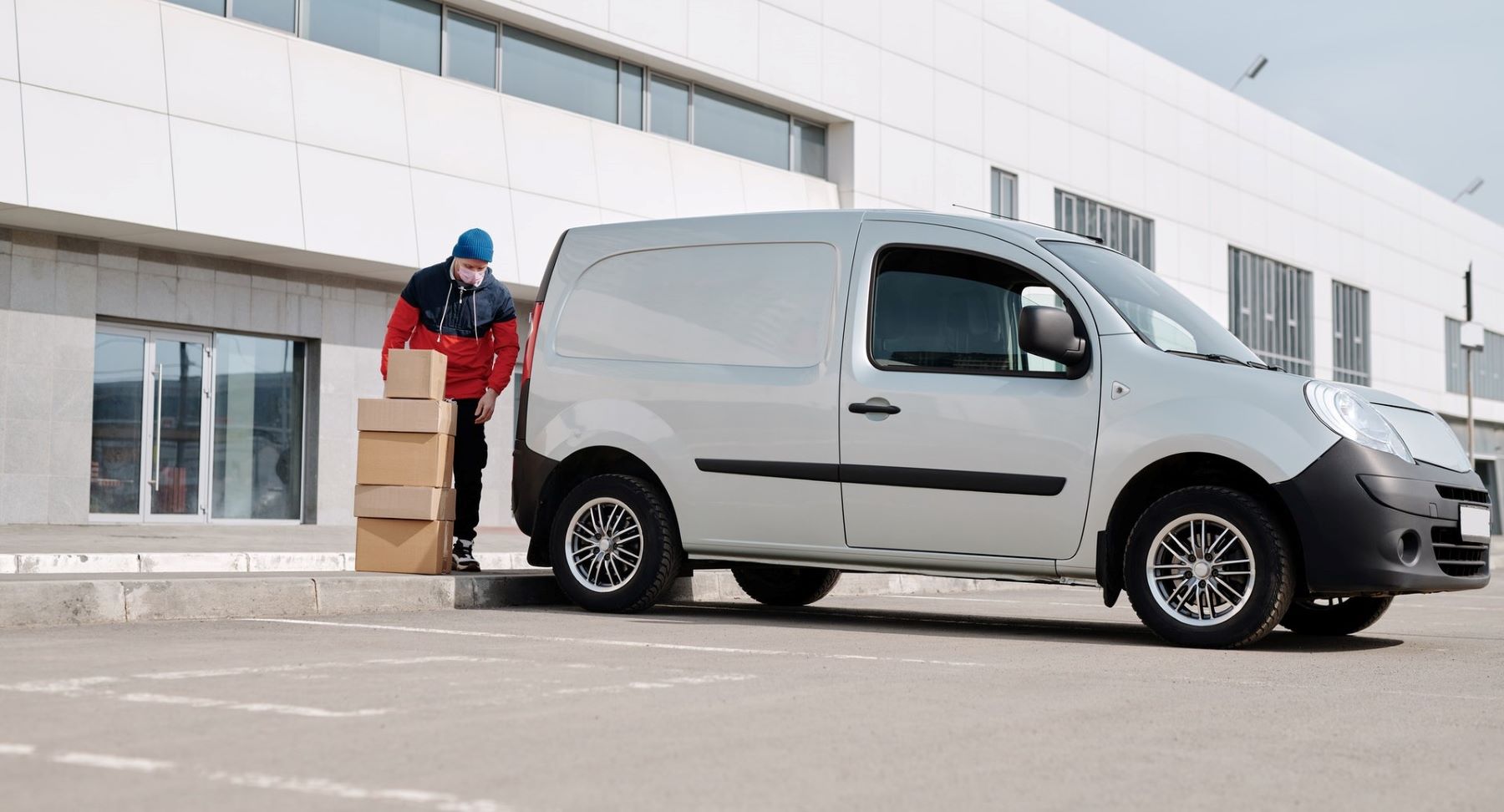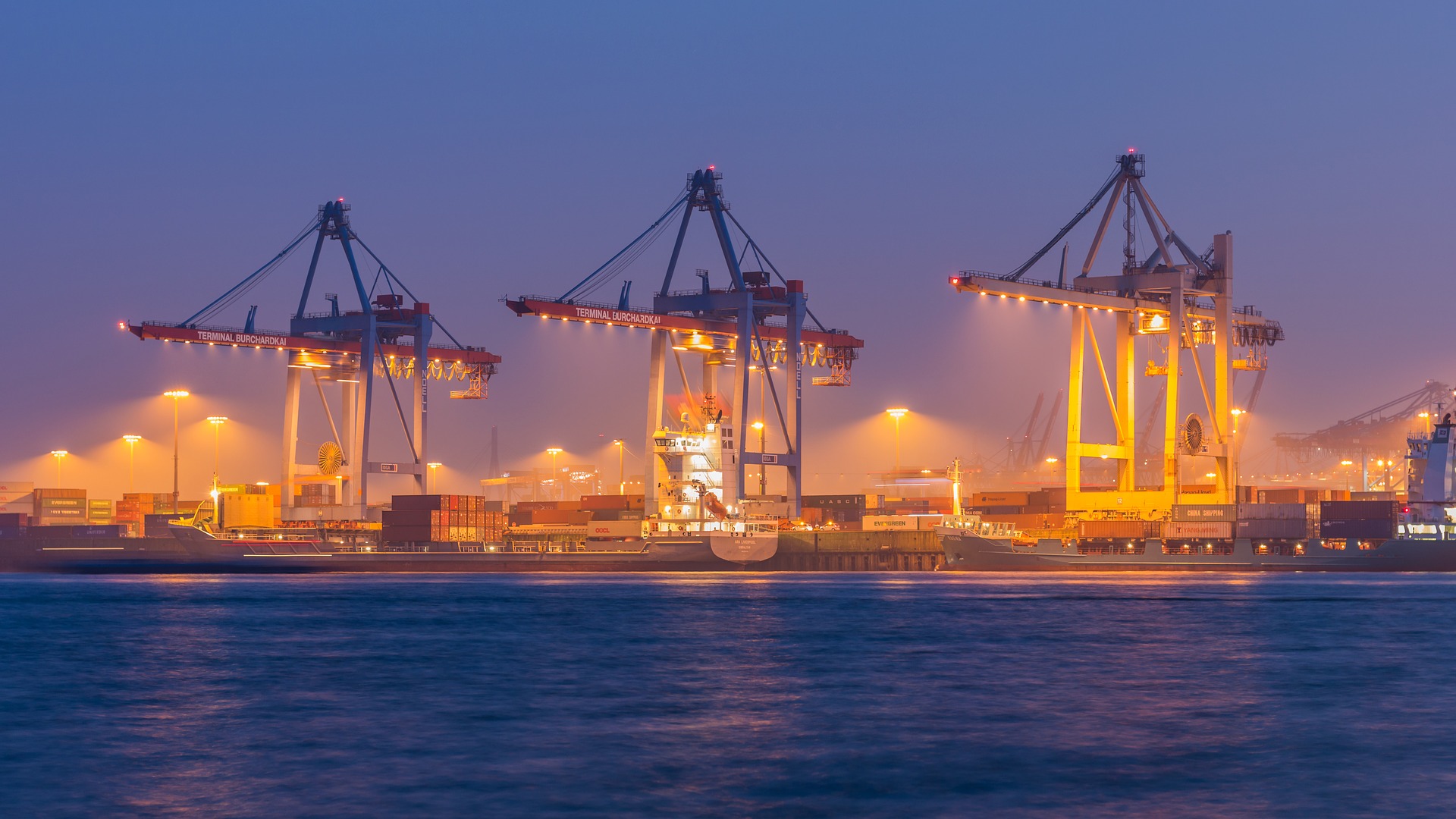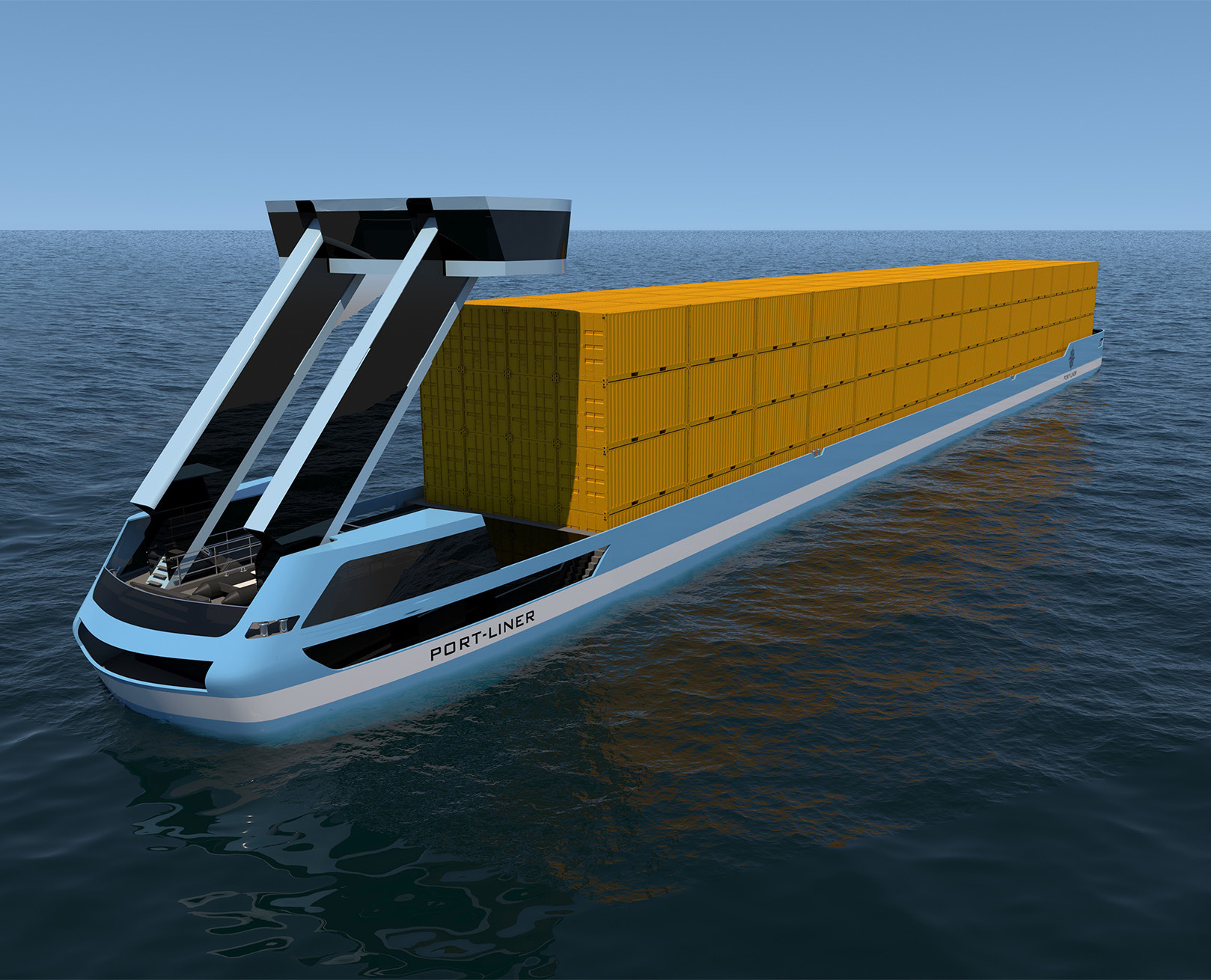Shipping industry sells out on Paris agreement on eve of UN talks
A call by the shipping industry [1] for governments to compromise on ambition ahead of key UN discussions to reduce maritime emissions actually abandons the goals of the Paris agreement, sustainable transport group Transport & Environment (T&E) has said. The International Maritime Organisation (IMO) meets from 3-13 April to adopt an initial greenhouse gas (GHG) strategy for the shipping sector.
